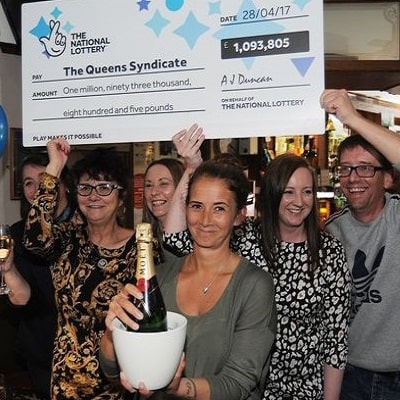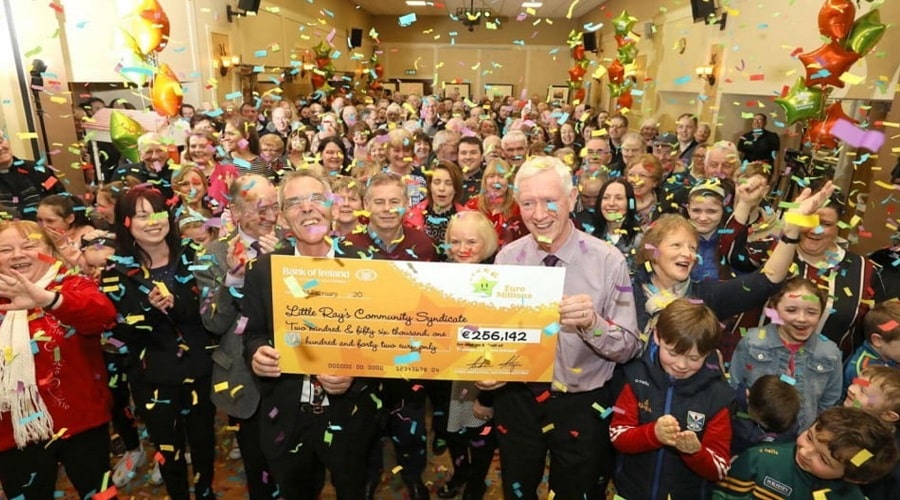
Unpacking the Lottery Syndicate: A Path to Shared Fortunes
The allure of the lottery lies in the dream it sells – a ticket to instant wealth and a life of leisure. Yet, the staggering odds against winning often lead many to seek more strategic means of participating. Enter the lottery syndicate, a popular approach to lottery participation that multiplies the chances of winning by pooling resources and sharing the spoils.
What is a Lottery Syndicate?
A lottery syndicate is a group of individuals who agree to pool their money to purchase lottery tickets collectively. Each member contributes a pre-agreed amount to the pot, and in return, they receive a share of any winnings proportional to their contribution. Syndicates can be formed among friends, family, coworkers, or even strangers, with the common goal of increasing their chances of hitting the jackpot.
What Happens If You Win the Lottery?
Lottery syndicates operate on a simple principle: more tickets, more chances. The syndicate’s collective fund allows for the purchase of a greater number of tickets than what would be feasible individually. Should any ticket in the group’s possession win, the prize is divided among the members according to the size of their stakes in the syndicate.
When a syndicate wins, the process typically involves the designated manager of the group claiming the prize on behalf of all members. It is crucial for syndicates to have agreements in place beforehand to ensure the transparent and fair distribution of any winnings. Such agreements help avoid disputes and legal challenges, ensuring that the celebration of a win isn’t soured by conflict.
How Does the Chance Increase?
The mathematics behind a lottery syndicate is straightforward: more tickets equate to a greater probability of having a winning combination. For instance, if a lottery game had one million possible number combinations and a person bought one ticket, they would have a one in a million chance of winning. However, if a syndicate bought 10,000 tickets, the odds would shorten to one in a hundred.

Example of a lottery syndic
Historical lottery draws have seen their share of syndicate success stories. One notable example is the “Three Amigos,” a syndicate of three public school employees in Maryland, USA, who shared a Mega Millions jackpot of $656 million in 2012. Their story became a beacon of hope for syndicates everywhere, showcasing the potential for astronomical wins when pooling resources and taking a collective bet on luck.
Conclusion
Lottery syndicates offer a communal path to playing the lottery, one that is characterized by increased odds, shared risk, and the joy of collective anticipation. By turning the solitary act of purchasing a lottery ticket into a collaborative venture, syndicates not only enhance the chances of winning but also add a social dimension to the lottery experience. The growth of online lottery platforms has further facilitated the formation and management of syndicates, breaking geographical barriers and allowing more players to participate. While joining a syndicate does not guarantee a win, it does offer a way to extend one’s reach in the elusive quest for lottery riches.
